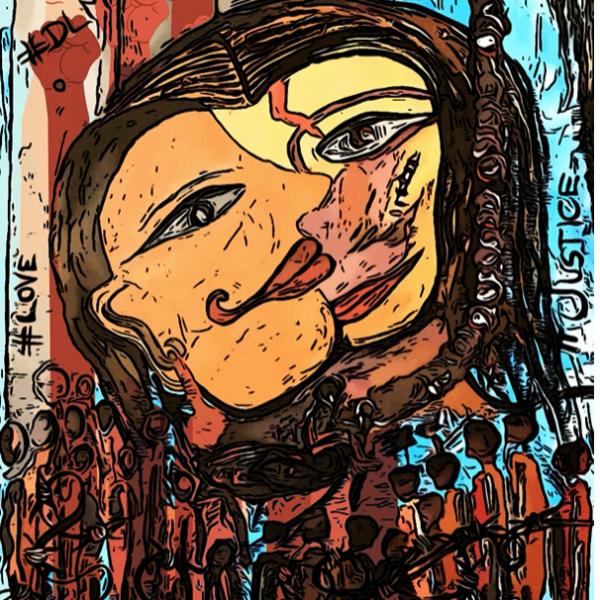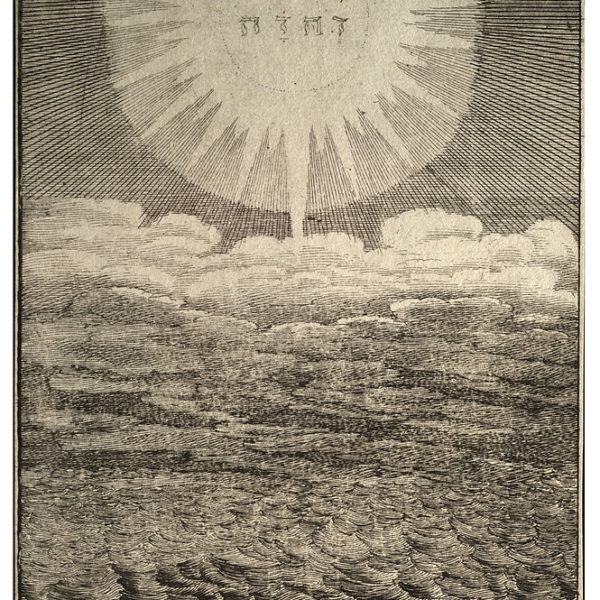
The Magnificat is a song that disrupts both gender and hierarchical spaces. It is a song of anticipation and a song of realization. And as we meditate on this song during advent, we meditate on the nature of advent that is both a time of anticipation and realization. Advent is an ambiguous space that invites us to anticipate and realize the erasure of differences here and now.

When Dalits write, they contest these misrepresentations and objectifications, and provide a sub-version of the texts. When Dalits write, they experience liberation. A decolonial reading of this given text calls us to offer our support and solidarity with #Blacklivesmatter and #Dalitlivesmatter, recognising an agency of liberation in our Dalit and Black bodies, lives, and texts.

Song of Solomon 2:8-13 invites us to listen to the voices that are subjugated by systems of sexism, racism, xenophobia, bigotry, and the like. When love is forbidden, streets will be crowded, when love is forbidden, widows will be broken, when love is forbidden, resilience is inevitable.

August 28th 2013, reminded us of the power of the spoken word as the world commemorated the 50th anniversary of Rev. Martin Luther King Jr’s historic “I Have a Dream” speech. What was celebrated was the moral power of words to transform history – this despite the risk and tragedy of empty rhetoric which has inundated it.
